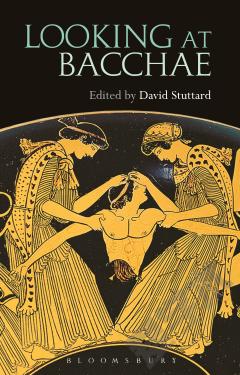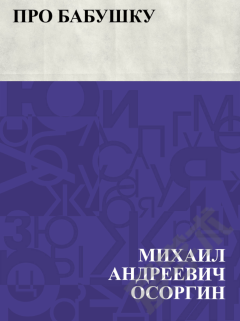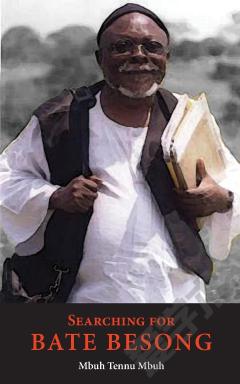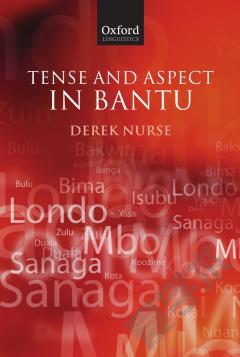Looking at Bacchae
Bacchae is one of the most troubling yet intriguing of Greek tragedies. Written during Euripides' self-imposed exile in Macedonia, it tells of the brutal murder and dismemberment of Pentheus by his mother and aunts who, driven temporarily insane, have joined the Bacchae (devotees of the god Dionysus, or Bacchus). The startling plot, driven by Dionysus' desire to punish his family for refusing to accept his divinity, and culminating in the excruciating pathos of a mother's realization that she has killed her son, has held audiences transfixed since its original performance (when it won first prize). It is one of the most performed and studied plays in the Greek tragic corpus, with a strong history of reception down to the present day.This collection of essays by eminent academics gathered from across the globe explores the themes, staging and reception of the play, with essays on the characters Dionysus and Pentheus, the role of the chorus of Bacchae, key themes such as revenge, women and religion, and the historical and literary contexts of the play. The essays are accompanied by David Stuttard's English translation which is performer-friendly, accessible and closely accurate to the original.
{{comment.content}}








 京公网安备 11010802027623号
京公网安备 11010802027623号